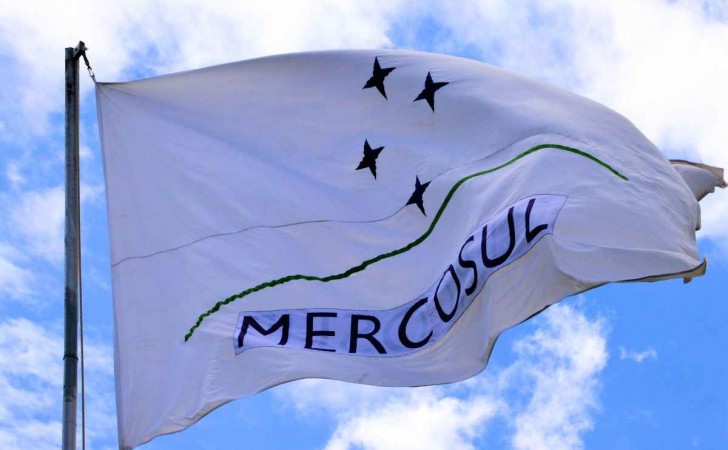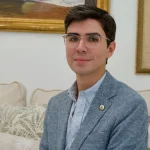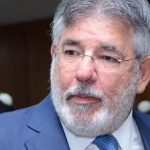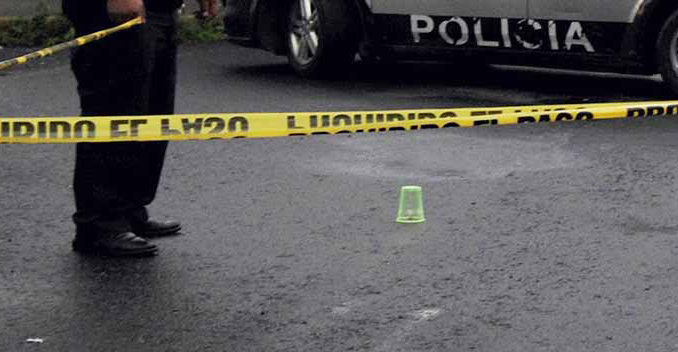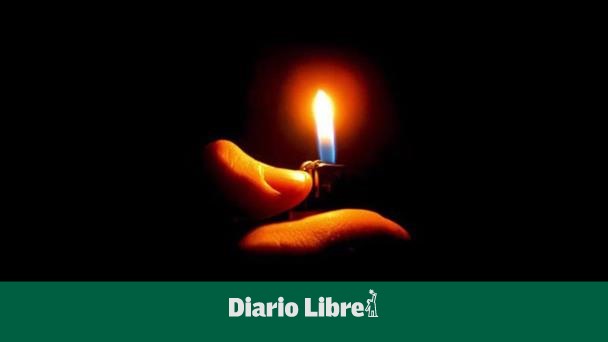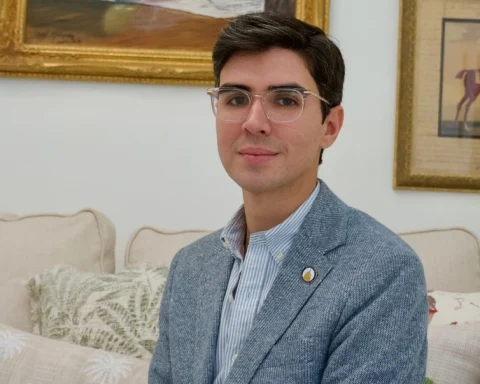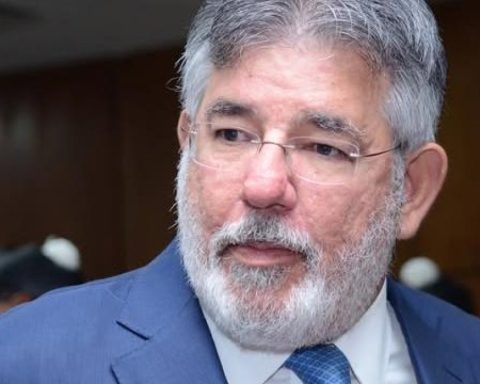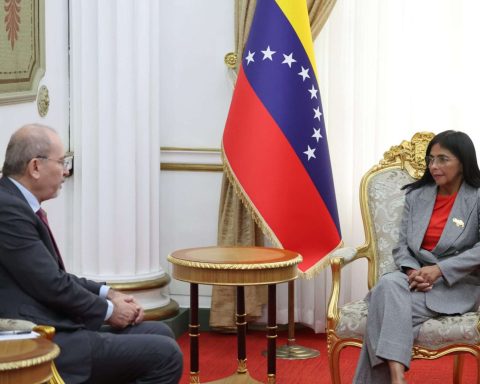
The elected president of Uruguay, Yamandú Orsi, is preparing to attend the next Mercosur summit, where he will seek to establish contact with the Argentine president Javier Milei. Orsi has expressed his intention to have a “quick encounter” Due to Milei’s demanding schedule, a short visit is planned. Despite the limited time, the president-elect hopes to address the bilateral agenda.
Argentina’s recent decision to increase waterway rates is one of the central issues to be addressed. Orsi has commented that “this needs to be talked about”, referring to the negative impact that this measure would have on the port of New Palmira. The president-elect considers that this situation “complicates all trade” and needs to be discussed in his meeting with Milei.
Milei had said on numerous occasions – even before becoming a politician – that he was never going to “negotiate with communists”and has insulted the presidents of China, Xi Jinping, of Brazil, Luiz Inácio Lula da Silva, and of Colombia, Gustavo Petro. However, and with commercial interests for his country, he had to lower his speech a couple of decibels and ended up taking a photo with Lula and Xi, although he had a clash with Petro at the last G20 summit, whose film recording was completely eliminated from the face of the Earth by the Argentine government.
Confidence in the new Argentine chancellor
In the context of the relationship between Uruguay and Argentina, Orsi has expressed his confidence in the new Argentine foreign minister, Gerardo Werthein. The president-elect has described him as “someone very close” and has noted “very good disposition” in the Milei team to facilitate this contact. Orsi seeks to strengthen ties between both nations, taking advantage of the summit as a platform for dialogue.
Orsi plans to attend the Mercosur summit as a guest of the current Uruguayan president Luis Lacalle Pou. At this event, the Argentine president will be the “honorary speaker,” which underlines the importance of this meeting between leaders on the regional political agenda.
Perspectives on the treaty with China
In his recent statements, Yamandú Orsi has reaffirmed his intention to advance the ““strategic partnership” established with China by the outgoing government. However, he has been clear in ruling out the signing of a free trade agreement in the current circumstances. “You have to be patient,” he noted, recognizing the complexity of the current global panorama.
The president-elect has stressed that at the regional level it is a priority to strengthen relations before considerations with powers such as China. He has emphasized the need to be cautious in the negotiation of a potential treaty, which must involve the entire region so as not to harm the interests of Mercosur.
Summit meeting agenda
Yamandú Orsi’s team is actively working to coordinate meetings with other leaders within the framework of the Mercosur summit. As of last week, a meeting with the president of Brazil had already been confirmed, Luiz Inácio Lula Da Silva. This meeting took place in Brasilia and marks an important step in the search to generate links with different leaders in the region.
In addition, Orsi has mentioned interest in holding a meeting with the president of Colombia, Gustavo Petro. Alejandro Sánchez, future Secretary of the Presidency, has reiterated that he seeks to dialogue with the leaders of all the attending countries, highlighting that “governments have to have relations with governments.”
Another “summit” at José Mujica’s house
Next Thursday, Orsi plans to participate in a special meeting at the residence of former president José Mujica. During this event, Mujica will entertain Lula and Petro with a lunch. Likewise, both foreign leaders are expected to give Mujica important recognition for his contributions to regional policy.
The Brazilian president, Lula will grant an Honoris Causa doctorate, while Gustavo Petro will grant him the Order of Boyacáwhich is the highest distinction in Colombia. These events reflect respect and recognition for the career of the former Uruguayan president in the political sphere.
